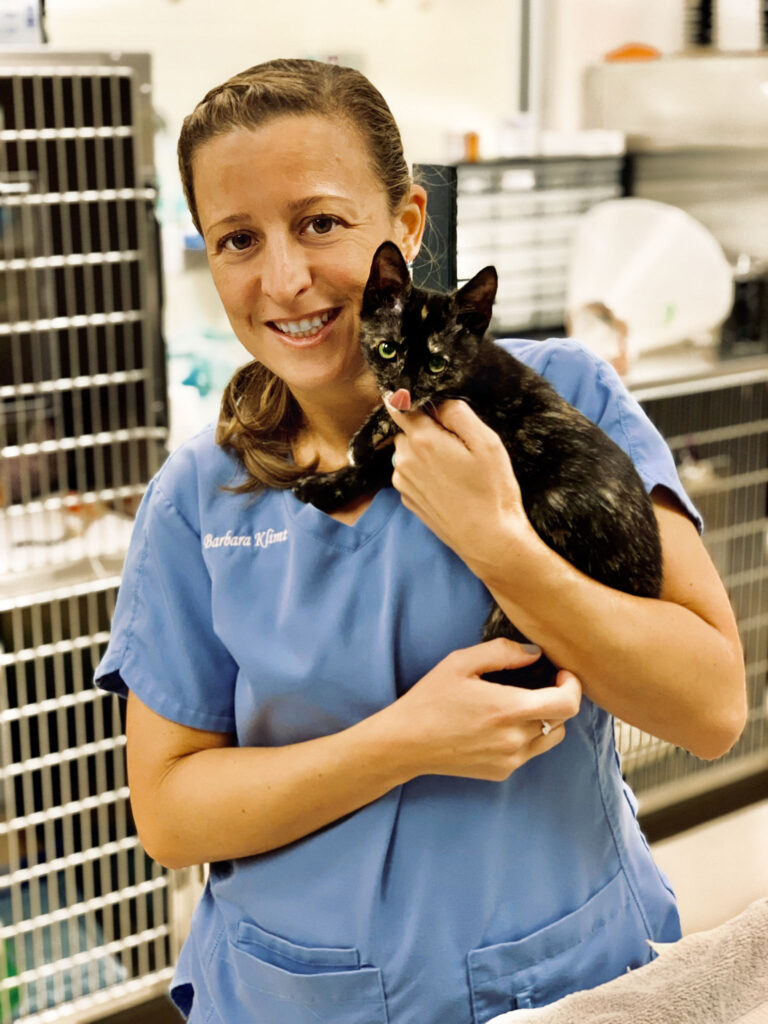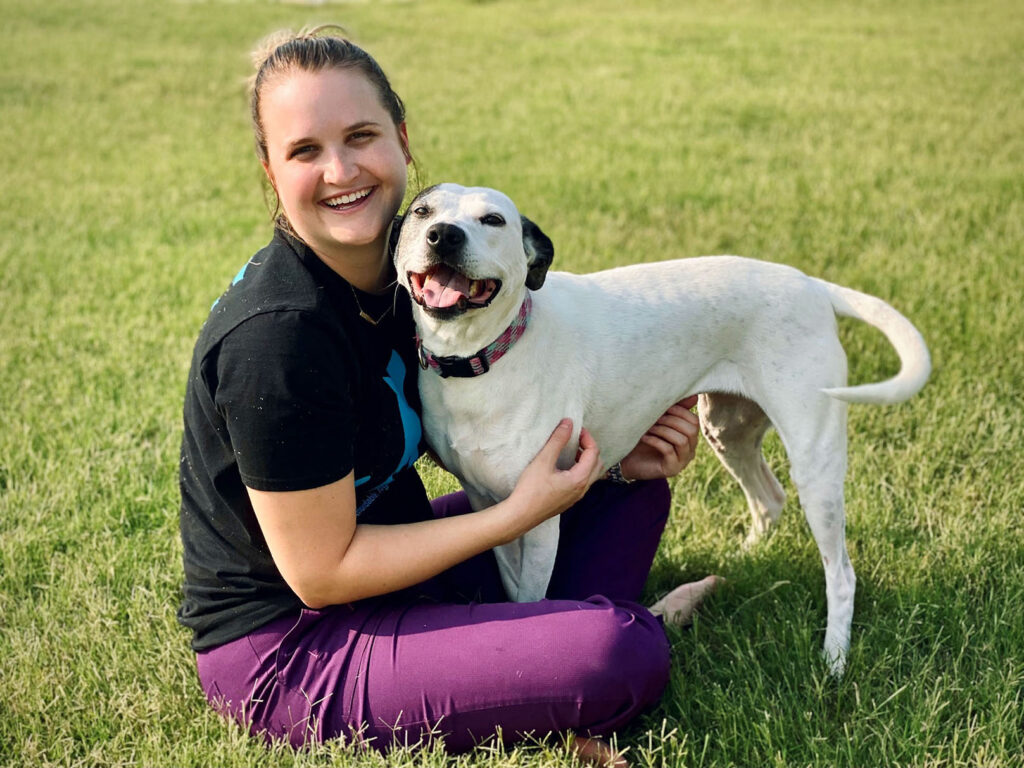by Alyssa Aldridge, Spay Memphis Manager
Whether it be with a general practitioner or a gynecologist, staying on top of our reproductive health is an important part of annual care. Something many people don’t know is that our pets also have reproductive health needs. I talked with two surgeons, Dr. Barbara Klimt and Dr. Rachel Ripley who specialize in high-quality, high-volume spay and neuter (HQHVSN) — and who combined have performed over 10,000 spay/neuter surgeries!— about these needs. Some responses have been lightly
edited for readability.
Q: What got you interested in high-volume spay/neuter? How long have you worked in this specialty?
Dr. Klimt: I began doing relief work at the Baton Rouge animal shelter. It was amazing what the vets could do in shelter medicine and how high volume surgeries helped the local community. I have worked for approximately five years in shelter medicine and
three years in this specific field.
Dr. Ripley: I became interested in HQHVSN after working in private practice for almost three years. I was looking for a change and becoming a HQHVSN veterinarian gave me the opportunity to not only care for owners and their pets, but also my community at large. I have now worked at Spay Memphis for two years, and I am looking forward to many more.
Q: What specialized training have you had in high-volume spay/neuter?
Dr. Klimt: I attended ASPCA Spay Neuter Alliance training in Asheville, North Carolina.
Dr. Ripley: The specialized surgical training I have is built upon the surgery skills I previously learned in veterinary school and private practice. At Spay Memphis, I have an incredible mentor and supervising veterinarian who has taught me all the skills and techniques I have needed to become a competent and efficient HQHVSN surgeon.

Q: How does your surgical technique differ from that of a typical general care veterinary practice?
Dr. Ripley: The surgical techniques I utilize at Spay Memphis focus mainly on decreasing surgery time without sacrificing the quality of the surgery. These techniques include: smaller incisions, specialized suturing techniques, and surgical efficiency gained by performing multiple surgeries a day with the help of an incredibly competent support staff. By reducing anesthesia and surgery time using these techniques, I am able to drastically reduce complication rates, as well as promote optimal healing.
Q: How does spay/neuter impact the life of a pet and their human family?
Dr. Ripley: Having your pet spayed or neutered has an incredibly positive impact on your family and community. Pets that are spayed/neutered have been shown to live longer, healthier lives. These pets are not at risk of developing several life-threatening reproductive or hormonal diseases as they get older. They are also not as likely to run away from home, decreasing their chances of being killed by cars or other environmental forces. Altered pets are also less likely to exhibit unwanted behaviors, such as urine marking.
Q: What was one of your most interesting surgical cases?
Dr. Klimt: A female canine patient from a rescue in South Carolina was on hospice because no vet would perform her surgery. The patient had both mammary masses and an inguinal hernia where the uterus and bladder were prolapsed. I staged the procedure and found that this patient had 3 ovaries! Over a few weeks she was spayed, had her hernia reduced, and all of her mammary glands and masses removed. She did great and was adopted out no longer on hospice!

Q: Are there risks associated with choosing to leave your pet unaltered?
Dr. Klimt: Intact male dogs are more likely to escape from enclosures/jump fences and ultimately get hit by cars because they can smell an in heat female up to three miles away. Female dogs are more likely to get mammary cancer if allowed to have even one heat cycle. They are also at risk for an infection in their uterus (pyometra), having unwanted litters, pregnancy complications, and even STIs that can cost owners a lot of money.
Q: Do you have any advice for pet parents on how to best care for their pet’s reproductive health?
Dr. Klimt: First, I recommend talking to your veterinarian. Not every breed or pet is the same. Establish a relationship with your vet where you feel comfortable asking questions and you trust that they have your pet’s best interests at heart.
Becoming familiar with the reproductive health needs of your pet could help them live a long, happy life. You are your pet’s best advocate so remember when you are scheduling your annual exams to call your veterinarian and schedule your pet’s as well.


